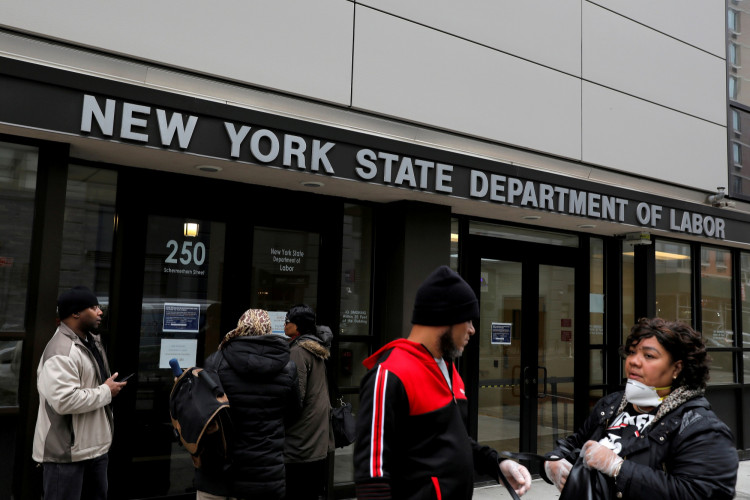The coronavirus-stricken economies of the United States and the European Union might return to levels of growth they saw in the fourth quarter of 2019 only by 2022 or 2023. And even this will depend largely on the severity of the anticipated and feared "Second Wave" of the COVID-19 pandemic.
In addition, this slow return to growth will temper the ongoing record surge on Wall Street, contends Christophe Barraud, Chief Economist & Strategist at dealer-broker Market Securities LLC. Barraud has been ranked by Bloomberg as its most accurate forecaster of U.S. economic data eight years in a row.
Barraud believes a U.S. economic recovery to the pre-pandemic level won't occur overnight, as is being claimed by the Trump administration.
"It will take a long time for life to return to normal," argues Barraud.
A COVID-19 vaccine, even if it makes an appearance by the end of 2020, won't deliver much of an economic boost because it won't be distributed until 2021. There's also no guarantee the vaccine will be effective.
Global inoculations aren't expected to begin until 2022 at the earliest. This means the U.S. and the EU will have to contend with the damaging economic effects of the pandemic for at least two more years. Then, there's the dreaded "Second Wave" of infections to consider.
The soaring U.S. stock market, which is setting record highs despite the flailing economy, is in for a major correction, said Barraud. The benchmark S&P 500 has posted its best quarter since 1998 while the blue chip Dow Jones industrial average in the second quarter recorded its best quarter since 1987. It surged 17.8% in Q2. On June 30, the Dow average rose 217.08 points, or 0.9%, to 25,812.88.
Barraud said analysts and investors still expect a V-shaped recovery that will see dramatic spikes in sales and aren't pricing in potential risks such as increased taxes.
"At this point people look a little optimistic about EPS for next year," he said.
The Second Wave is also an ever-present danger because a vaccine can't be expected until some time in 2021. This means there's "still some time for a Second Wave, which would be very damaging," according to Barraud.
"My advice would be to be cautious from August, maybe take some protection," noted Barraud.
He also sees the U.S. general election on November as a key event that will slow the market's rise. Opinion polls show Democratic Party presidential candidate Joe Biden defeating president Donald Trump. Biden has promised to raise taxes on the wealthy and on corporations.






